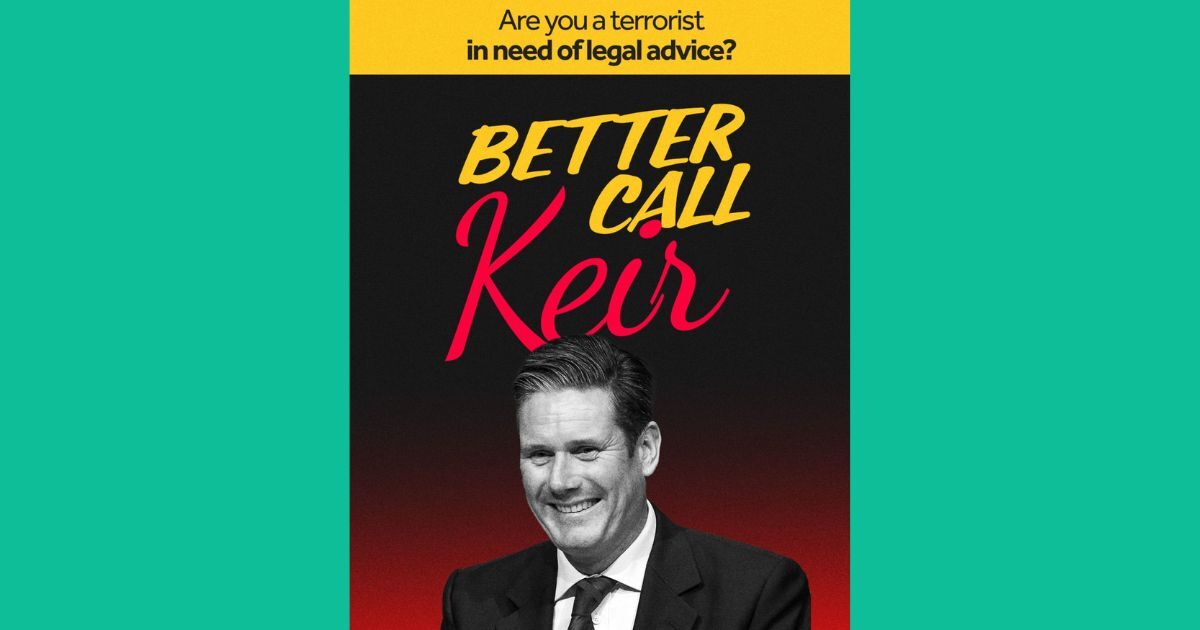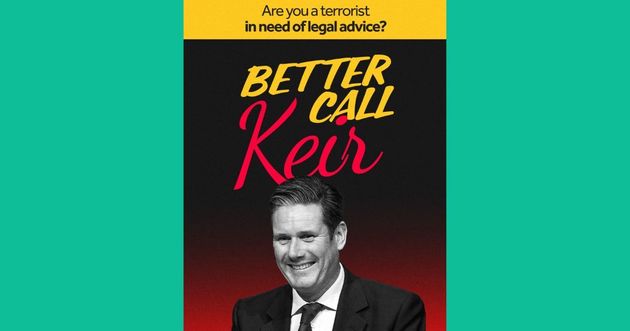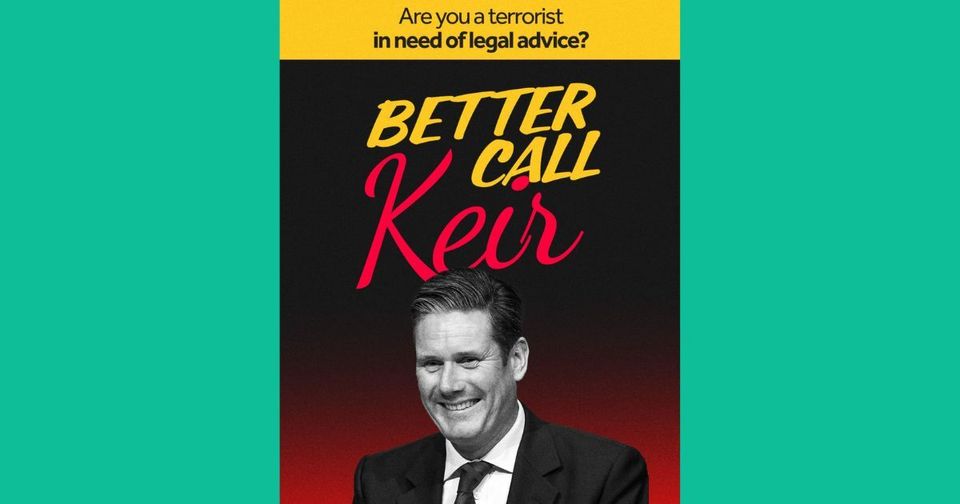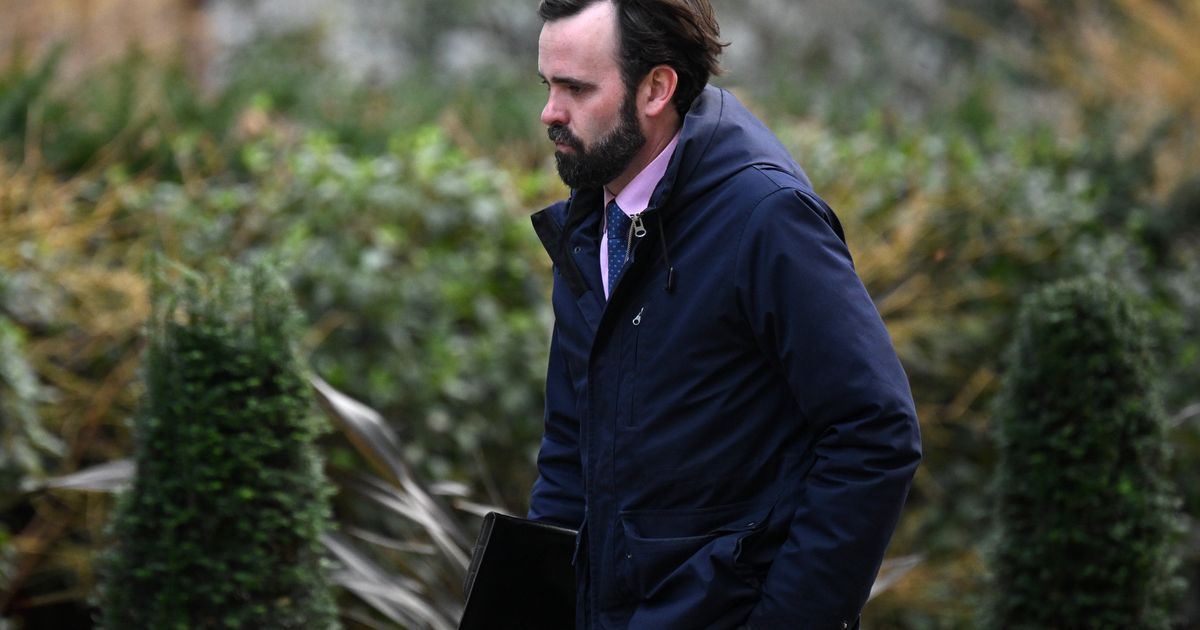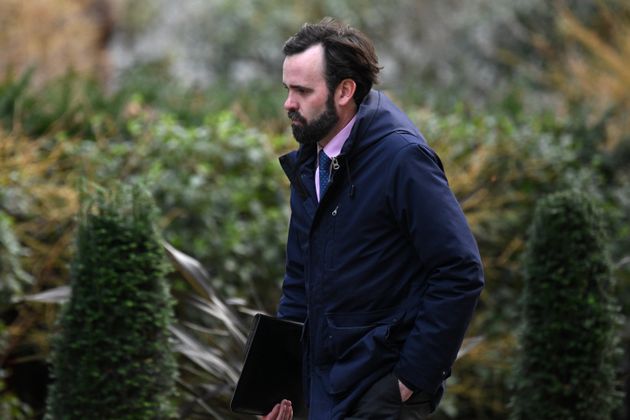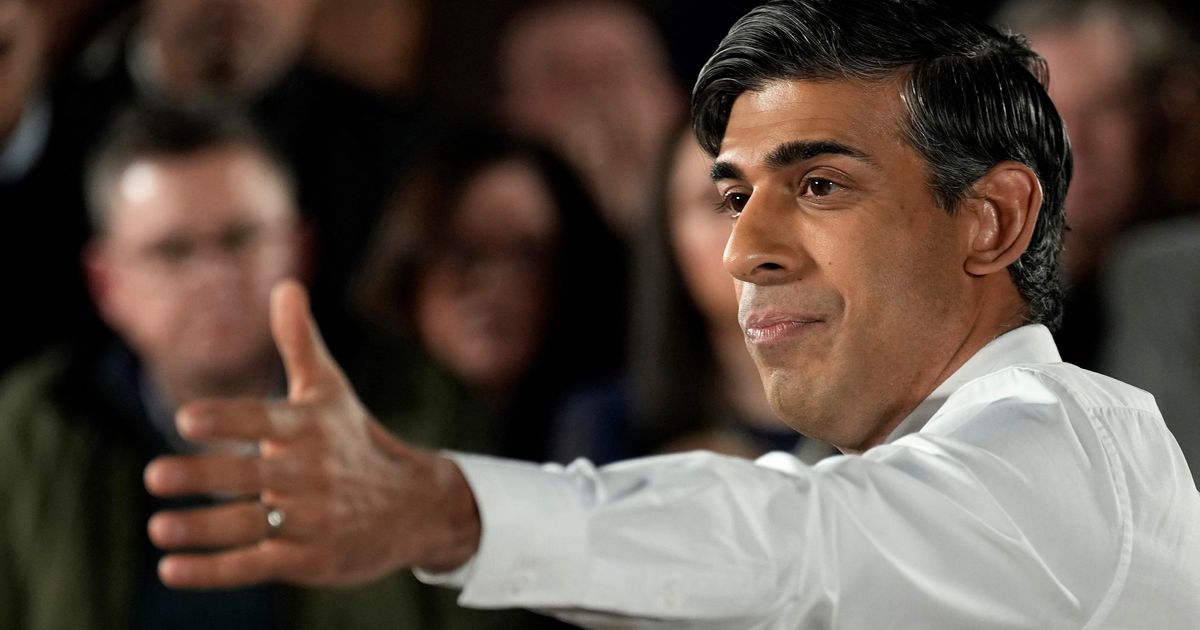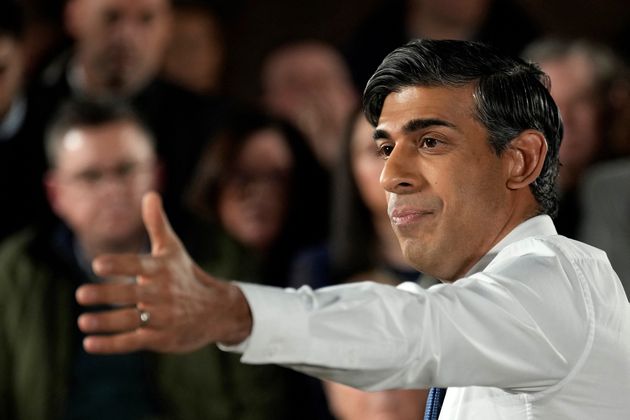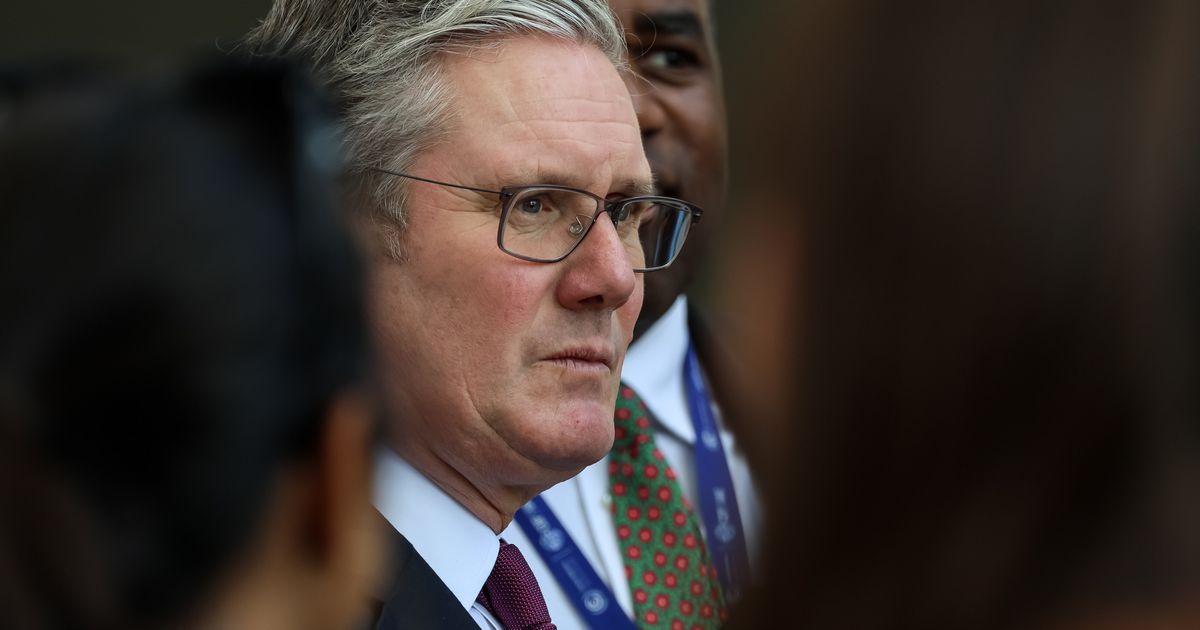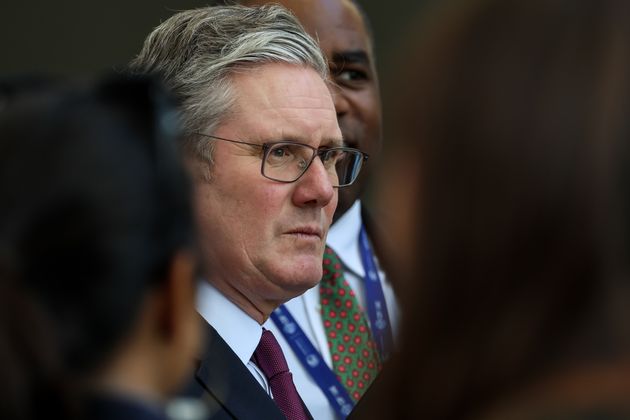British politics is slowly returning after the Christmas break, and speculation is growing over when the eagerly-anticipated general election will take place after comments made by Rishi Sunak.
What did Sunak say?
The prime minister announced on Thursday his “working assumption” was he would delay going to the country until the “second half” of 2024.
His comments suggest the election will be held in either October or November, as had been widely expected. But it comes following speculation Sunak could decide to call the election for May.
While he did not categorically rule out a spring poll, Sunak told broadcasters: “My working assumption is we’ll have a general election in the second half of this year.”
Labour, which have consistently held a 20-point poll lead over the Tories, seized on the remarks as a sign he had “bottled” facing the British public and accused Sunak of “squatting” in Downing Street.
What do we actually know?
In Britain, each electoral term is supposed to last five years. Then prime minister Boris Johnson called the last general election in December 2019, meaning meaning the latest possible date for the country to go to the polls would be January 2025.
But in reality, and ever since the establishment of fixed terms in 2011, the five-year gap between polls is not what happens in practice.
Under the Dissolution and Calling of Parliament Act 2022, a prime minister has the power to call an election earlier than the deadline – all voters would have to wait for is the 25 days between a PM making a “request” to the King to dissolve parliament (and as a constitutional monarch, the King Charles could not reject it) and polling day.
What’s influencing the date?
As it’s in his gift to choose, Sunak is clearly likely to pick a date most favourable to him and his party. And since Labour holds a commanding poll lead, he isn’t going to rush the country to the ballot box when there’s still time to steal a win – however unlikely that currently looks.
His decision could be based on not just whether he can snatch an unlikely victory from the jaws of defeat, but also under the grimest projections if he can reduce the number of seats the Tories lose and prevent a 1997-style Labour landslide (or worse).
So what is affecting that choice?
The next big political fixture is the spring budget, when chancellor Jeremy Hunt could magic up some tax and spending commitments that sit well with the electorate. It was the announcement of the March 6 fiscal event that prompted speculation of an spring budget, and a blitz of crowd-pleasing promises could yet encourage Sunak to go early.
But his words on Tuesday suggest he doesn’t think this will be enough.
Other than pushing taxpayers’ money around, he may be on the lookout for something to materialise, and that could lead the country to waiting until the last minute. Three areas in particular will be on his radar: the economy, immigration and an apparent lack of enthusiasm for the Labour alternative.
A positive story around the economy could be possible if the UK manages to avoid a recession in 2024 as inflation cools to more normal levels. But it may be too late to reverse voter antipathy towards the Tories given how Liz Truss crashed the economy, and high mortgage rates continue to hurt homeowners.
Sunak’s “stop the boats” pledge has been central to his pitch to voters since becoming Tory leader, and any sense that he has been able to curb the number of small boats crossing the English channel may be something he can stitch a better narrative out of.
He may hope to combine an uptick on either or both of these with the argument Keir Starmer isn’t the answer to Britain’s problems – but perhaps even January 2025 isn’t enough time to make this strategy work.
